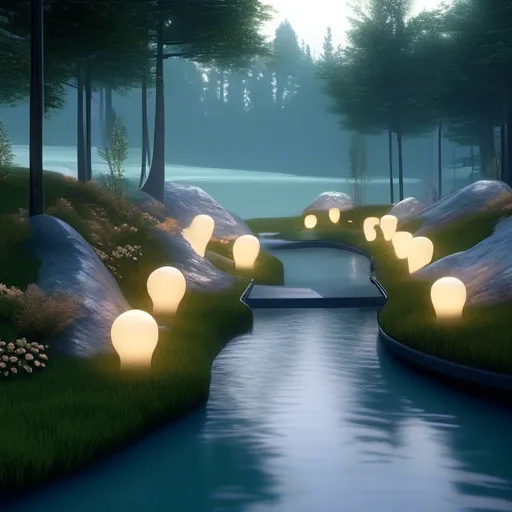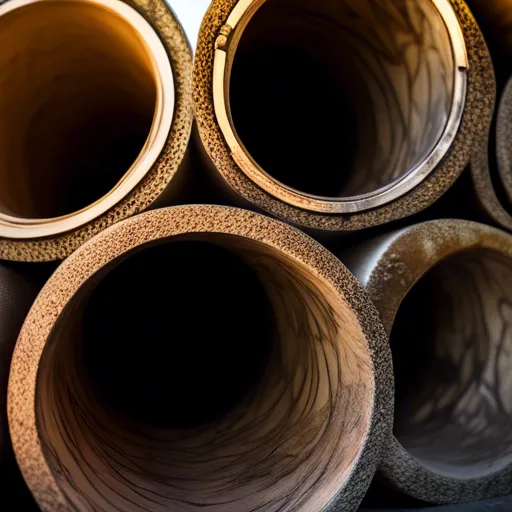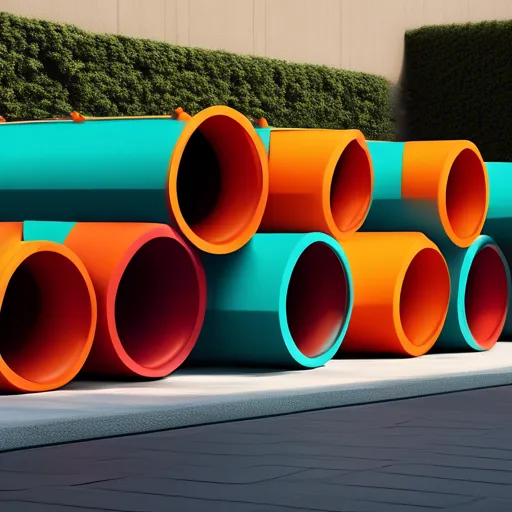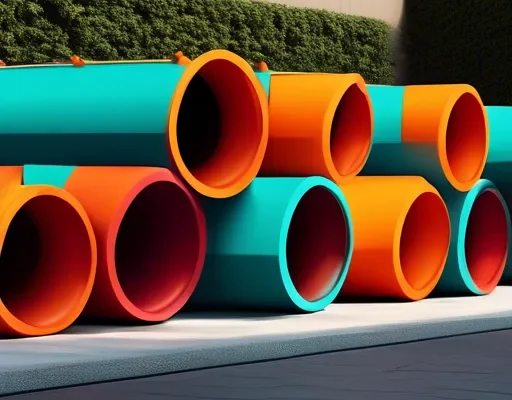When it comes to outdoor installations, selecting the right sewer pipes is paramount—not just for the longevity of your plumbing, but also for ensuring your water management remains trouble-free for years. It’s much like driving a dependable car, much like that Mazda CX-7; you want reliability, efficiency, and a bit of style. This article will equip you with key insights to make an informed decision on the best external sewer pipes for your project.
The choices you make today will have a significant impact not only on performance but also on ongoing maintenance. As with any home improvement project—from planning a new deck to finding innovative ways to decorate a summer cottage well—having the right tools and materials is crucial.

Key Features and First Impressions
- Material: Consider PVC, cast iron, and polyethylene pipes.
- Diameter: Pipe size influences water flow and capability.
- Durability: Look for acid and corrosion-resistant options.
- Installation: Some materials require less labor-intensive setups.
When visualizing your installation, consider your environment and potential future changes around your property. Your sewer system is, after all, a substantial long-term investment.

Technical Details
Design
Much like the intuitive design found in vehicles like a Volvo XC70, your sewer pipes should be designed for optimal functionality and minimal disruption. Consider pipes with smooth interiors to prevent buildup.
Performance
High-performance pipes will effectively handle peak flow situations. These should be assessed on their longevity and how well they manage heavy water loads.
Usability
Opt for systems that allow easy access points for maintenance and cleaning. The fewer the headaches down the line, the better.

Side-by-Side Comparison
| Aspect | Option A: PVC | Option B: Cast Iron |
|---|---|---|
| Durability | Resistant to corrosion, lasting up to 50 years | Highly durable, often exceeding 100 years |
| Ease of Use | Lightweight, easy to install | Heavier, requires more labor |
| Design | Smooth interior, reducing blockages | Rougher interior, potential for buildup |
| Operating Costs | Lower initial and maintenance costs | Higher initial, lower maintenance costs over time |
Practical Tips
- Consider future-proofing with pipes that allow for easy modifications or expansions.
- Consult local codes and standards to ensure compliance.
- Incorporate trenchless technology to avoid extensive digging and disruption.
- Regularly schedule maintenance to prevent unforeseen breakdowns.

Did you know that modern HDPE pipes offer flexibility and can withstand seismic activities without breaking? Their ability to fuse together seamlessly makes them a popular choice in earthquake-prone regions.
To conclude, while the world of sewer pipes might not initially seem as glamorous as choosing a new car or redesigning your summer cottage, it holds its own importance. The key is understanding your needs and the specific challenges your project might face. Whether it’s ensuring sustainability or simply maintaining tranquility, the right sewer pipes are a cornerstone of modern living.
As you plan your next steps, keep these insights in mind, and you’ll be equipped to make decisions that will serve you well for years to come.
“`html
FAQ
What materials are best for outdoor sewer pipes?
Materials like PVC, HDPE, and vitrified clay are ideal for outdoor sewer pipes because they are durable and resistant to various environmental factors.
What are the key properties of outdoor sewer pipes?
Outdoor sewer pipes should have high resistance to corrosion and chemicals, structural strength, and flexibility to withstand ground movement.
How long can outdoor sewer pipes last?
The service life of outdoor sewer pipes can exceed 50 years if properly installed and maintained, depending on material and environmental conditions.
Why choose PVC pipes for outdoor use?
PVC pipes are lightweight, cost-effective, and offer excellent chemical and corrosion resistance, making them a popular choice for outdoor installations.
“`
